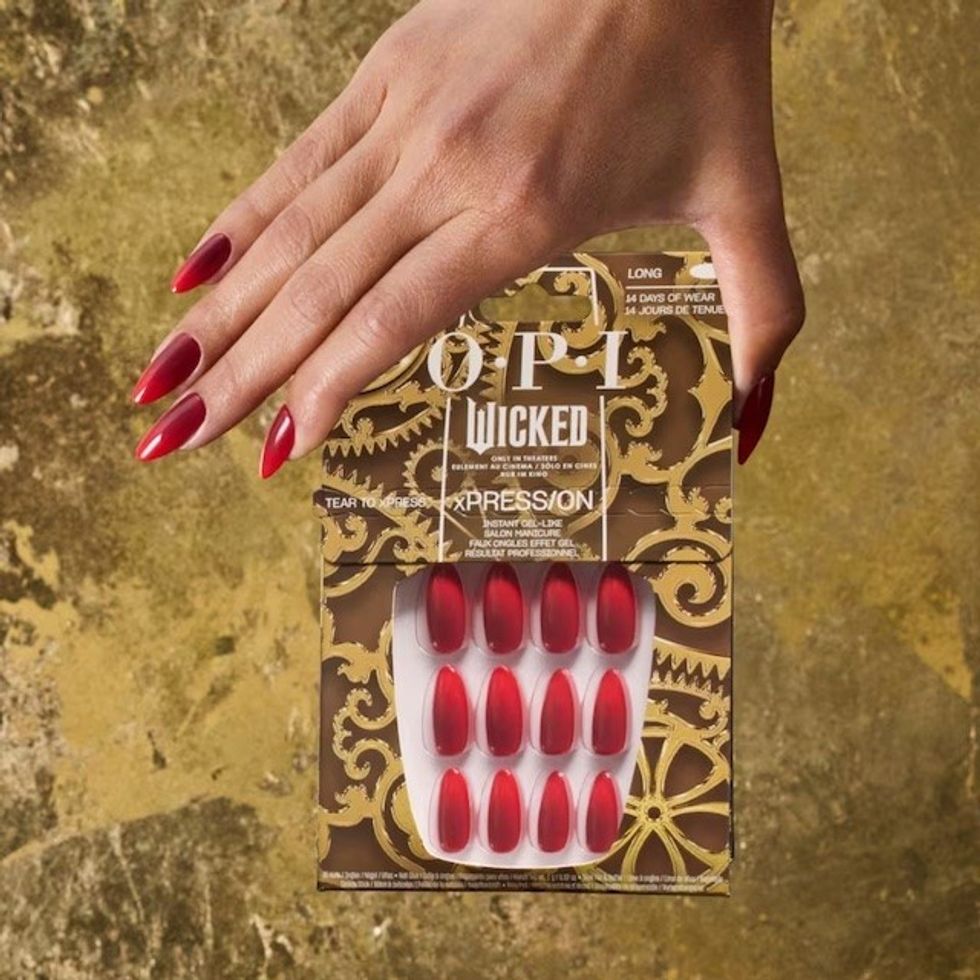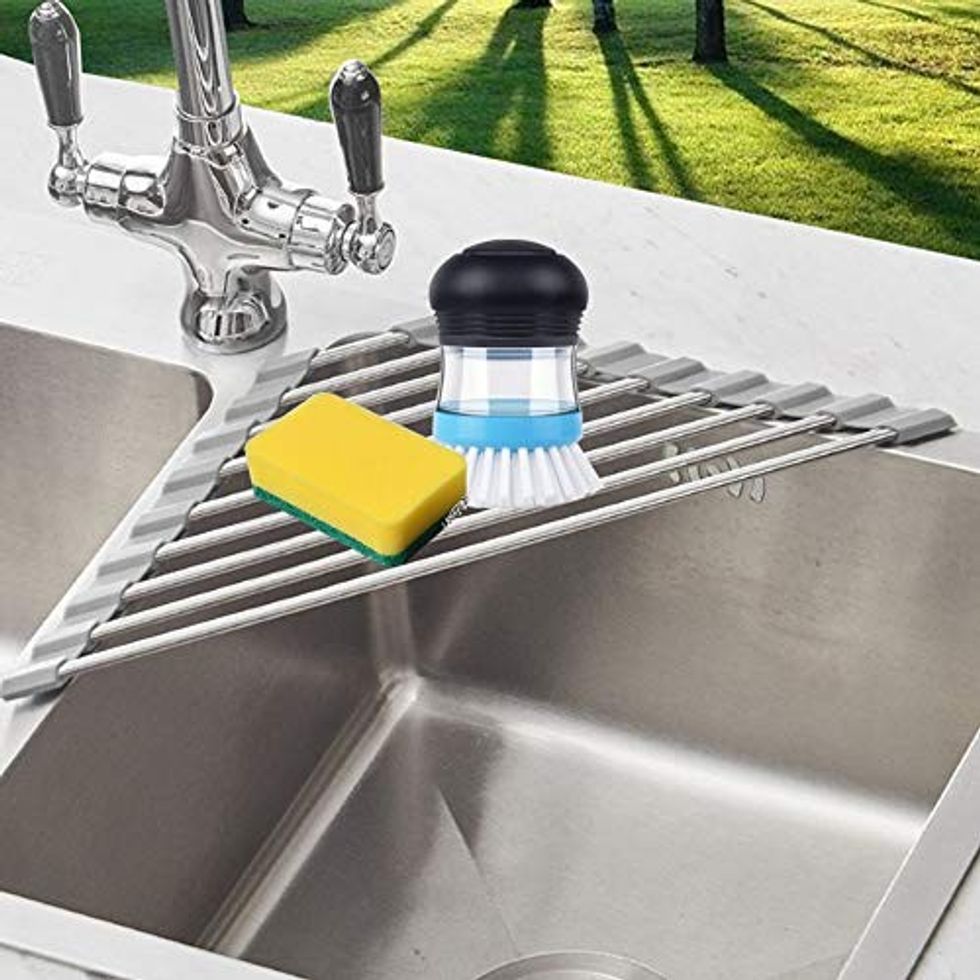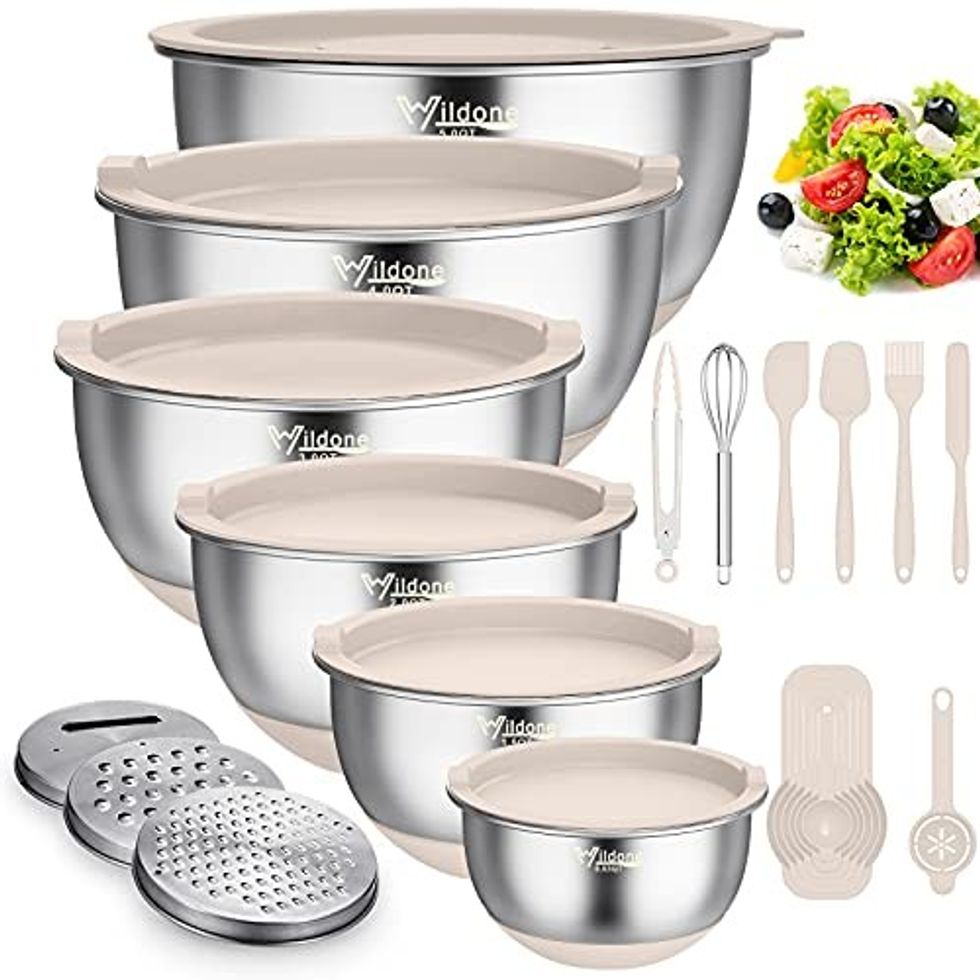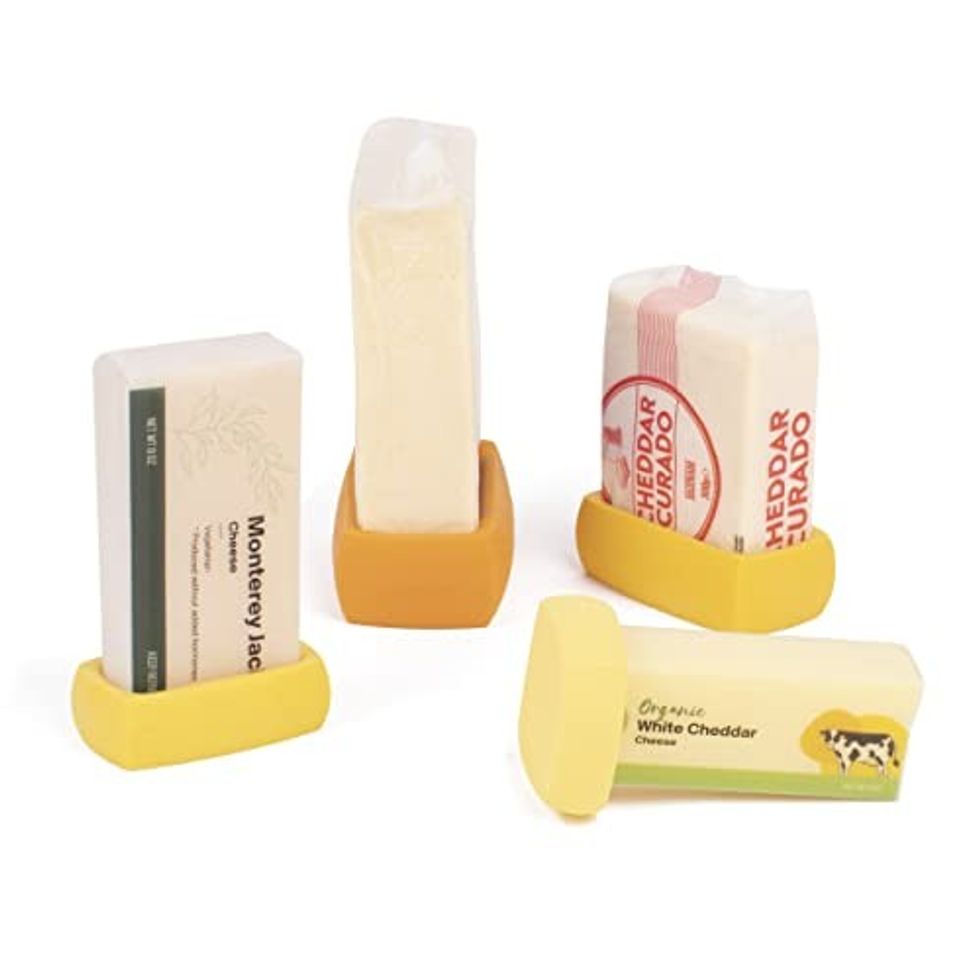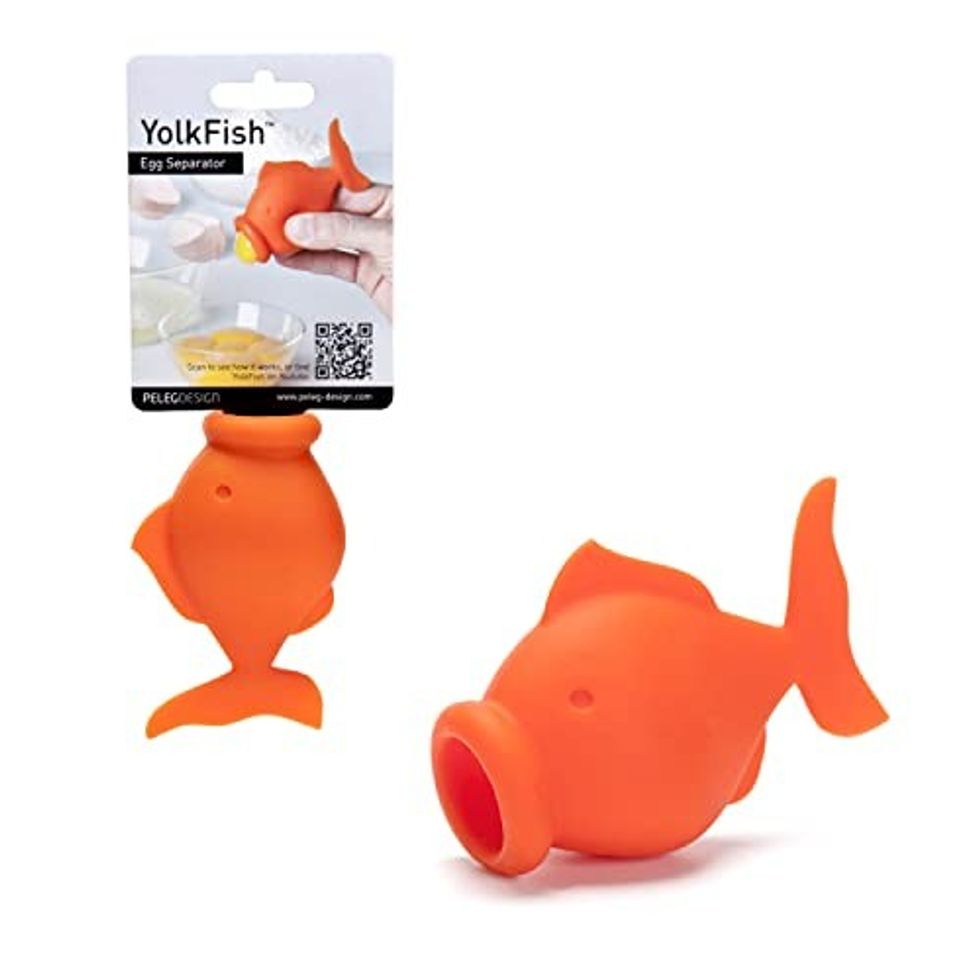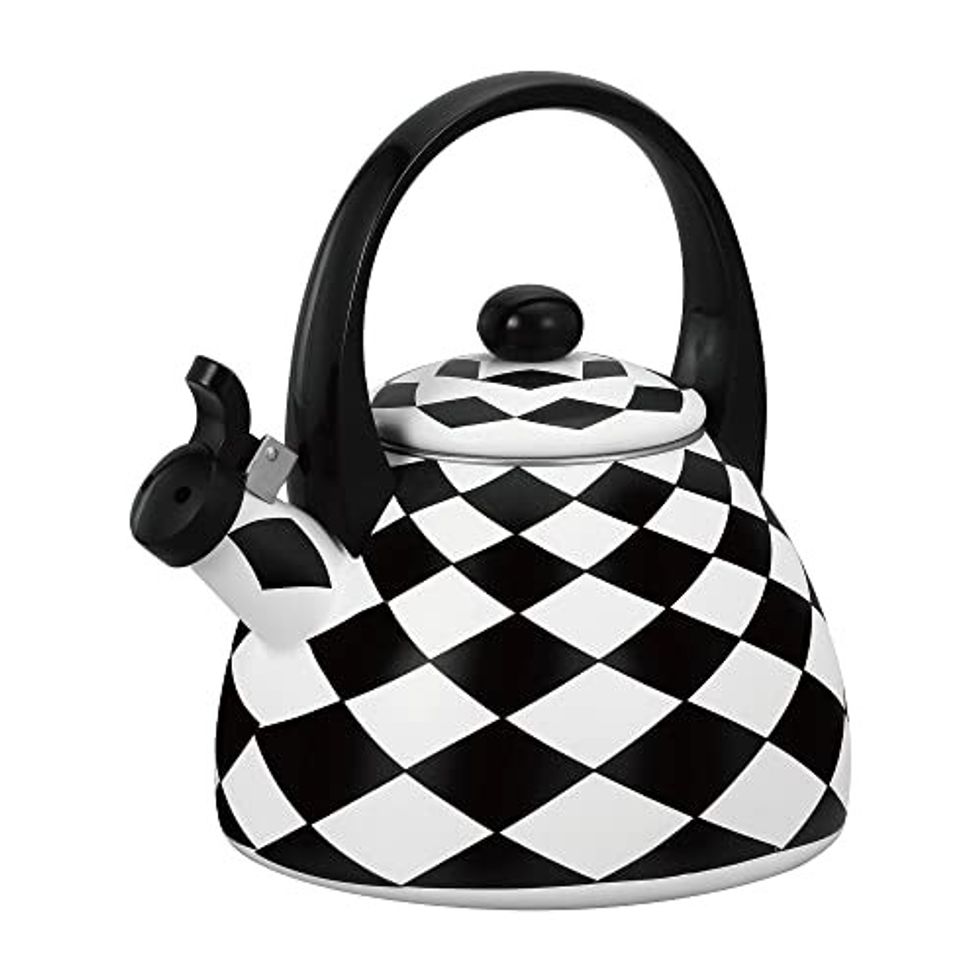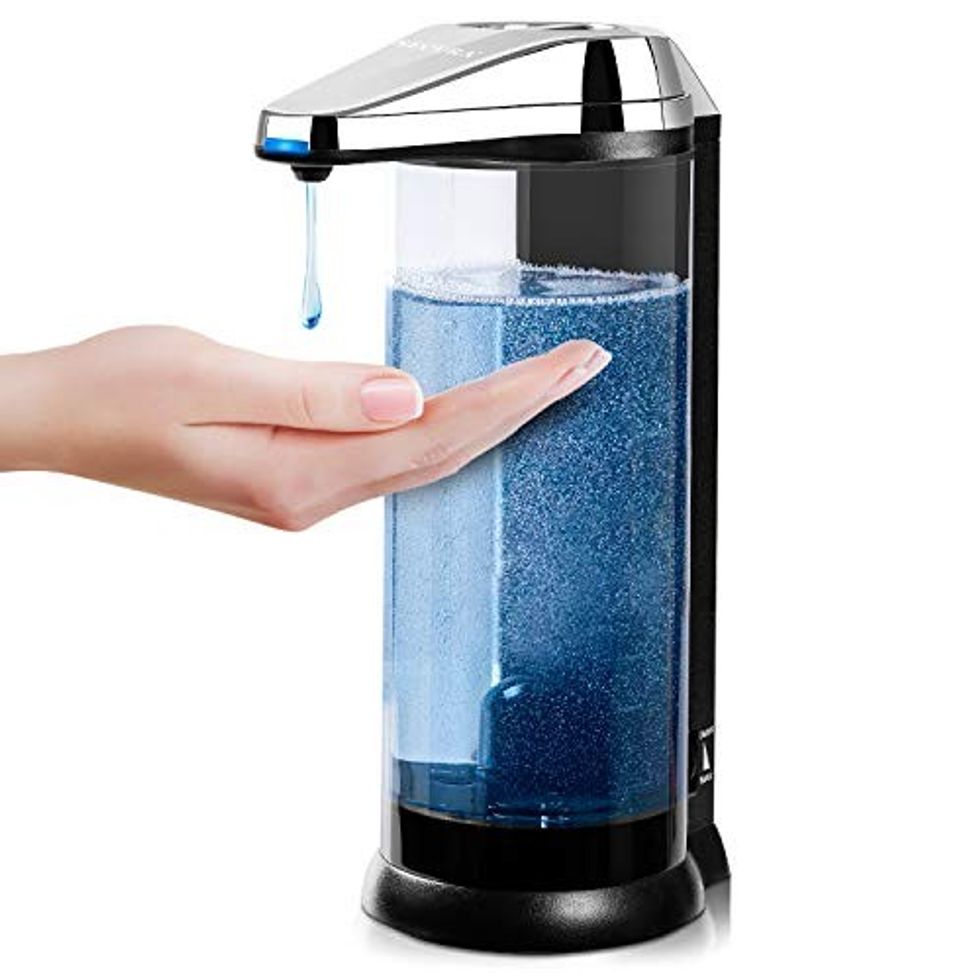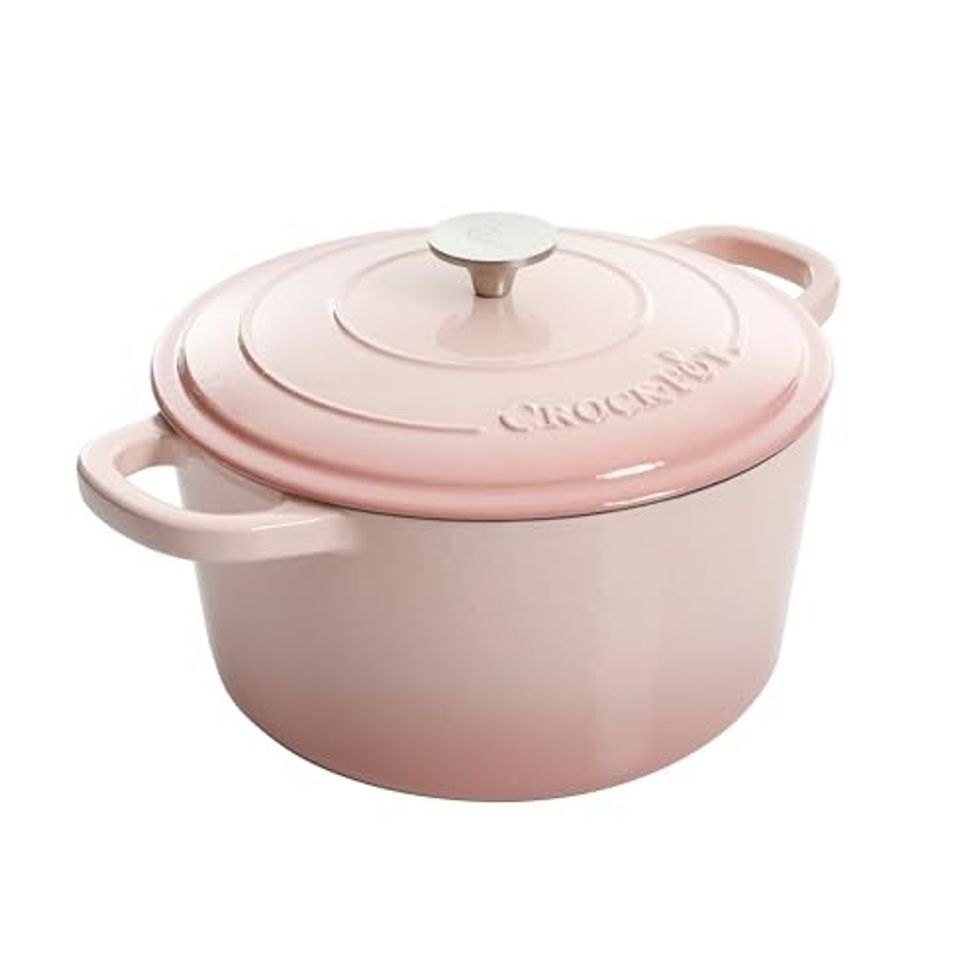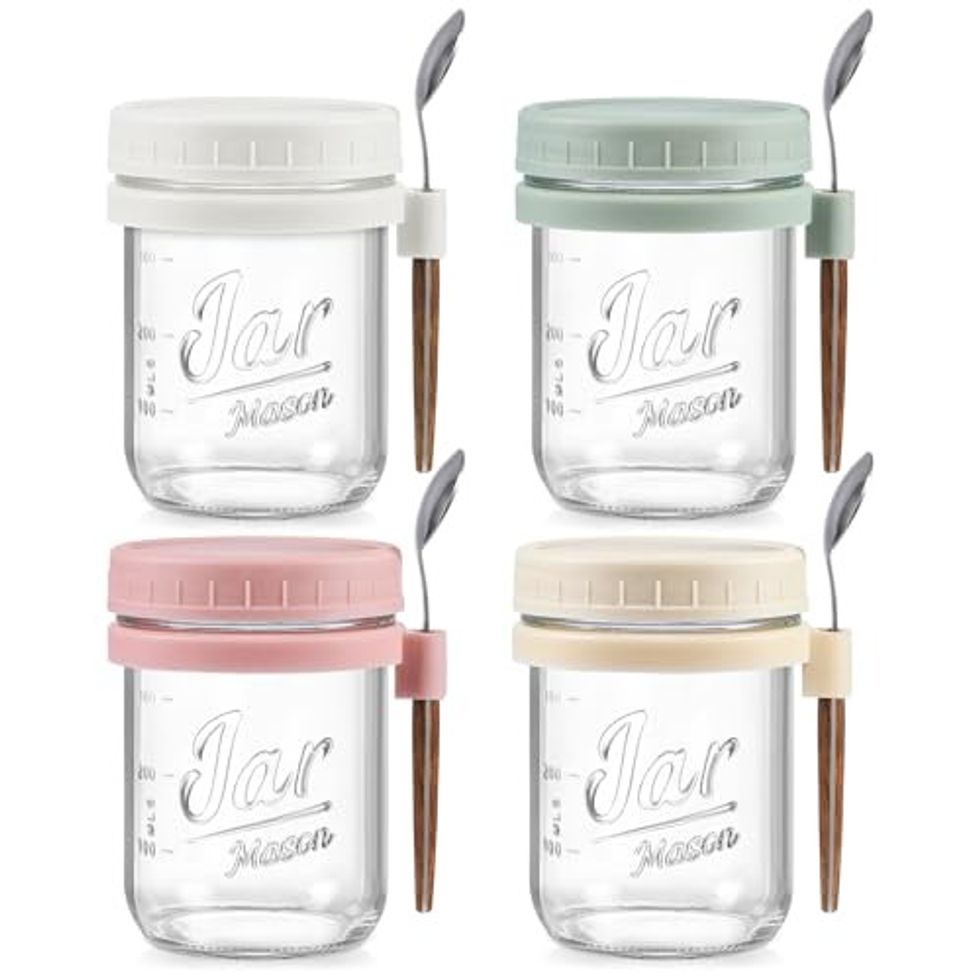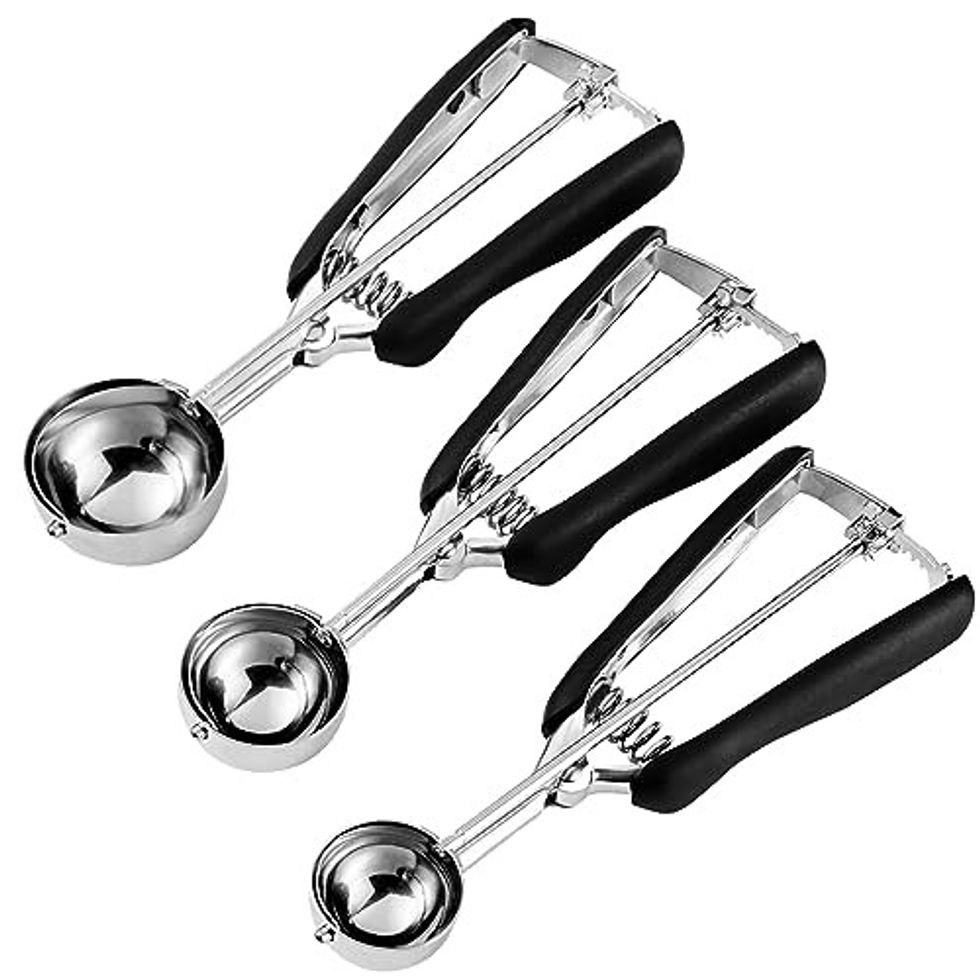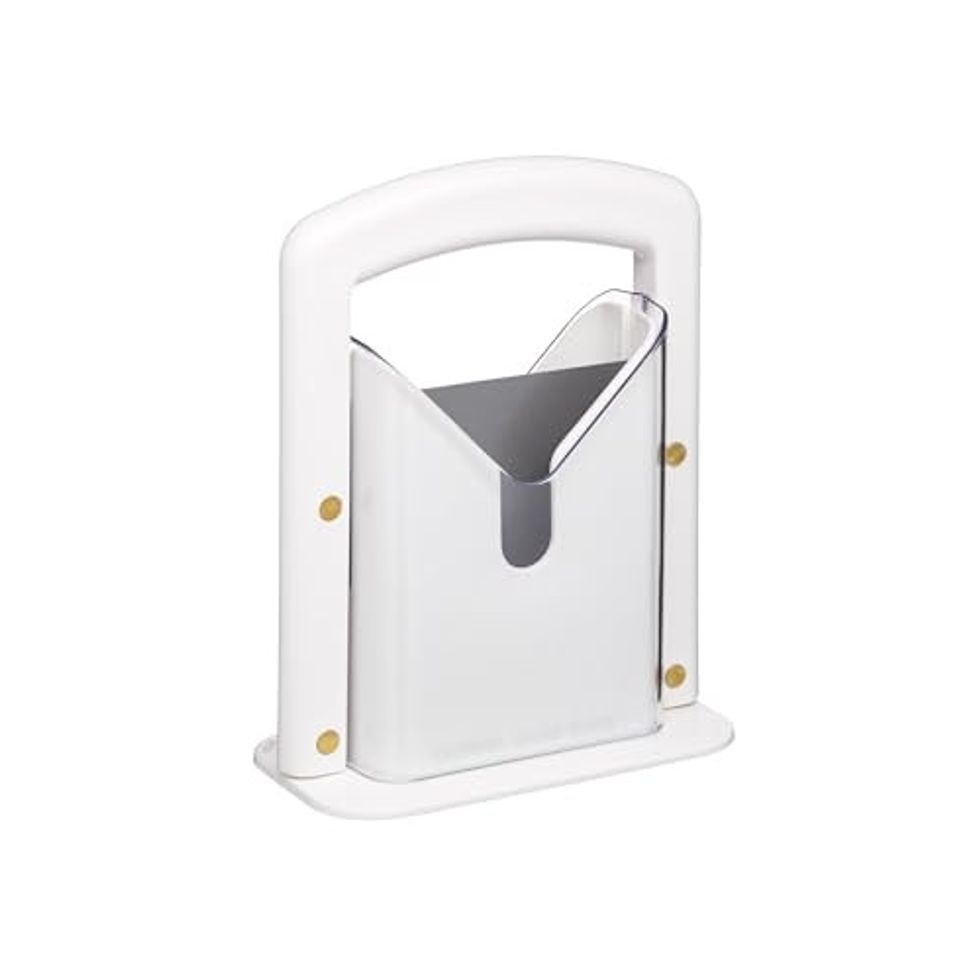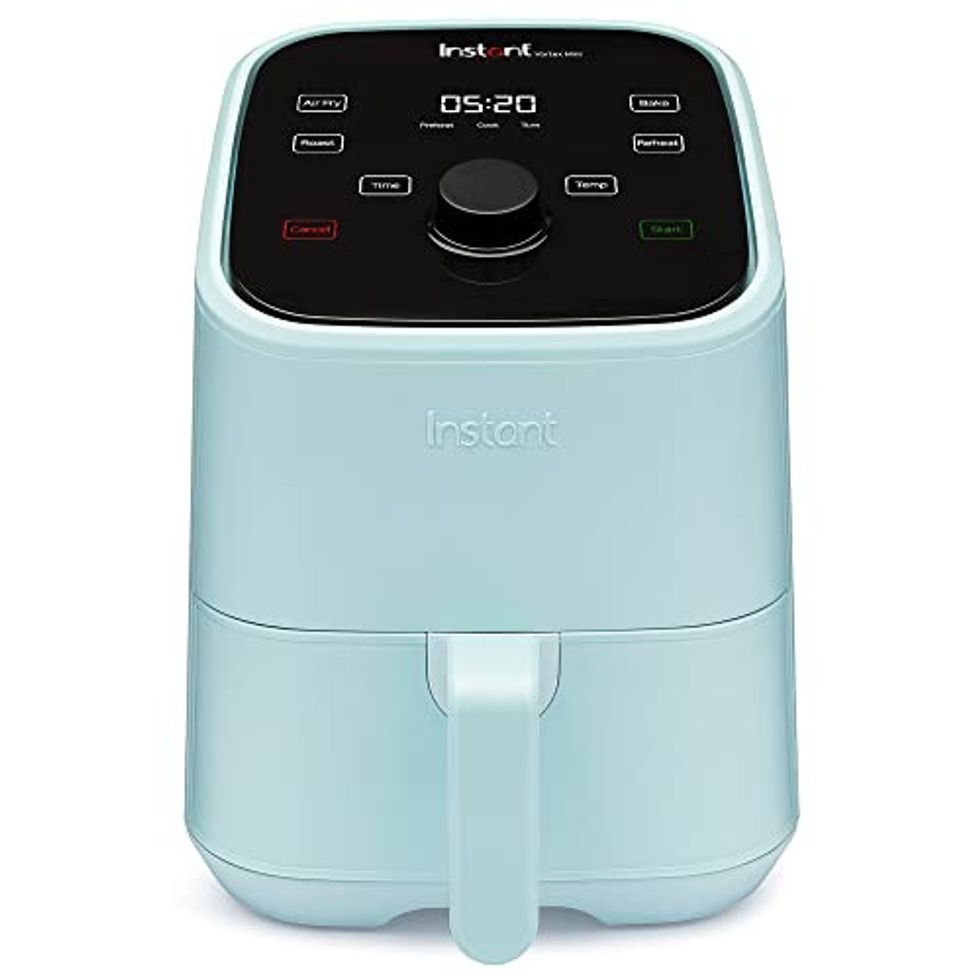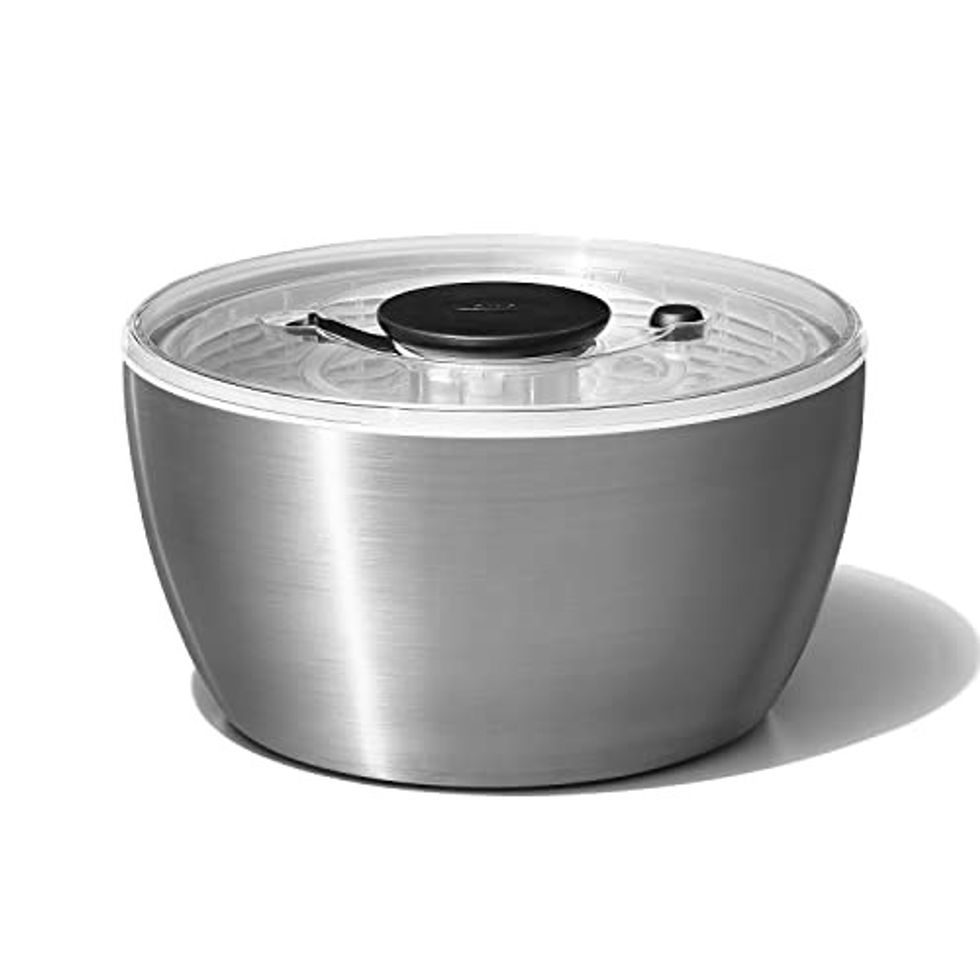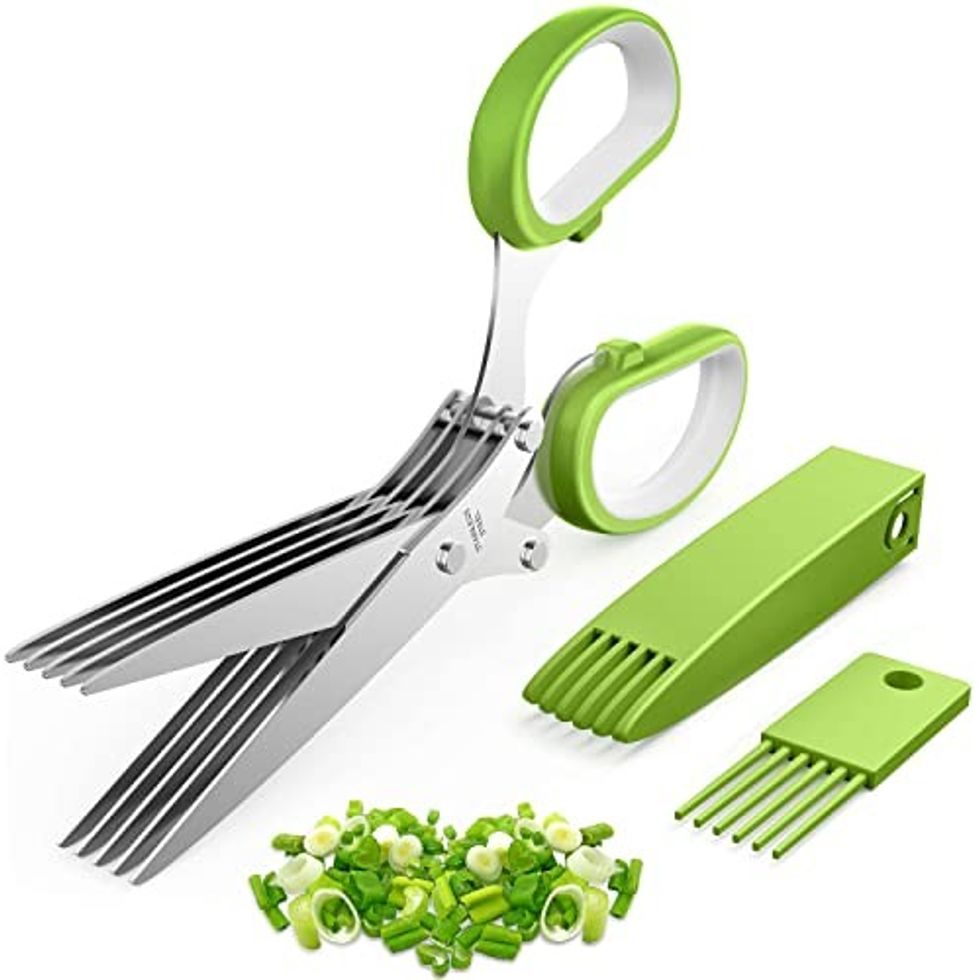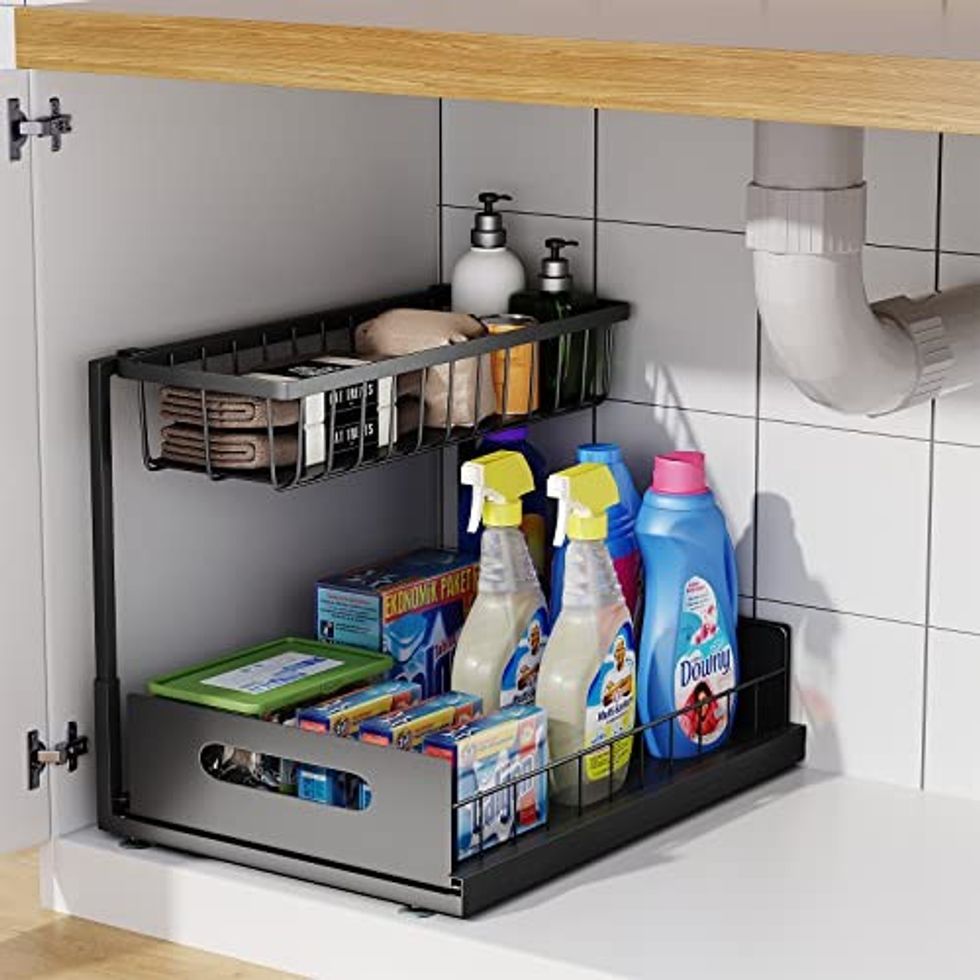Set your kid up to learn and grow.
Science Explains Why This Type of Person Can’t Handle Failure
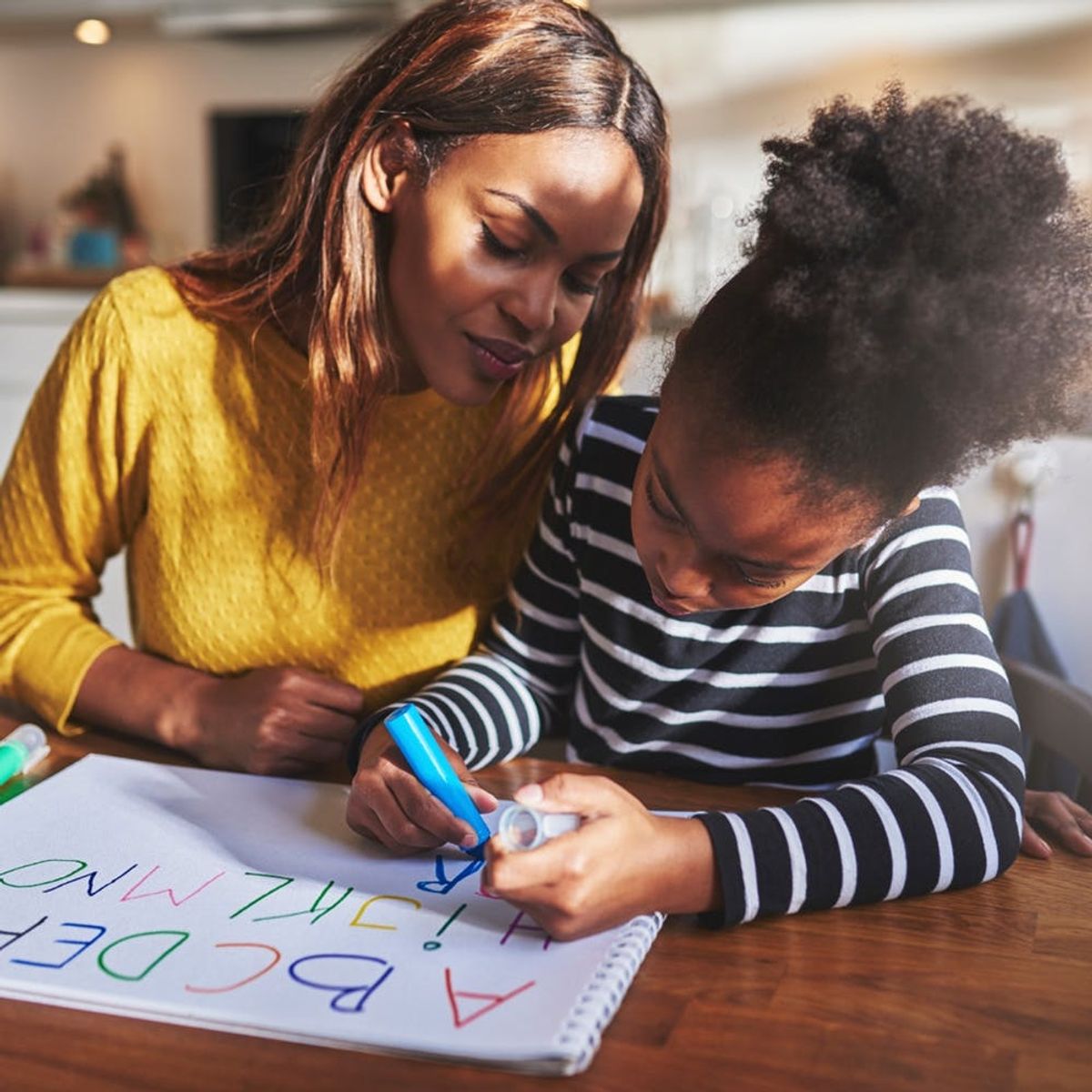
Parents face a ton of challenges — dealing with everything from traveling with children to tantrums when screen-time ends to thinking about how to practice body positive parenting. And while helping kids get a good education is high on that list, researchers find that they shouldn’t be too hard on their little ones if they come home with a C+ on that math test.
This is super important, since a kid’s belief about intelligence (and therefore their own smarts) has a big effect on their achievement and mindset throughout life. According to Kyla Haimovitz, a developmental psychologist at Stanford University and an author on the study, “Our findings show that parents can endorse a growth mindset, but they might not pass it on to their children unless they have a positive and constructive reaction to their children’s struggles.” Bottom line: It’s all in a parent’s reaction to failure.
Haimovitz and psychology researcher Carol Dweck asked 73 parent-child pairs to answer a series of questions about four statements on intelligence and six statements about failure. The children — all fourth- and fifth-grade students — responded to similar statements about intelligence.
Haimovitz and Dweck found that there was NO relationship between a parent’s ideas on intelligence and the child’s ideas on intelligence; however, parents thoughts on failure DID affect a child’s ideas on intelligence.
Parents who tended to view failure as a negative, harmful event had children who were more likely to believe that intelligence is fixed and not something that can be grown through education and learning. Therefore, parents should discuss what their kid learned from a failure (you should study consistently next time, instead of cramming the morning of the test) or constructive ways to foster learning (getting a tutor) to encourage their children to improve.
Both researchers believe that the results of this study can help teach parents to use their children’s setbacks as an opportunity for growth and motivation, not disappointment and discouragement.
Tell us how you encourage your kid to grow @BritandCo.
(Photos via Getty)








































